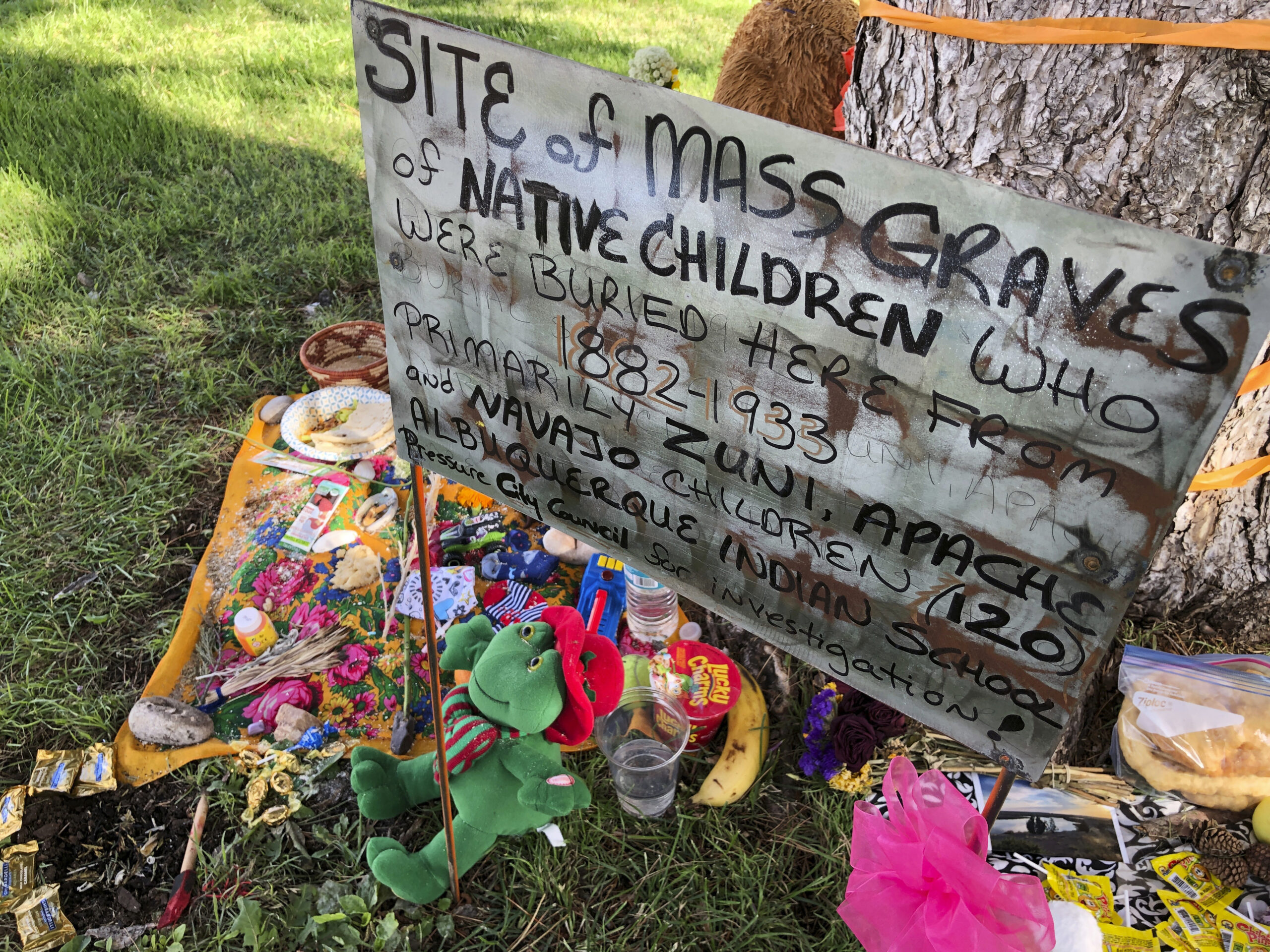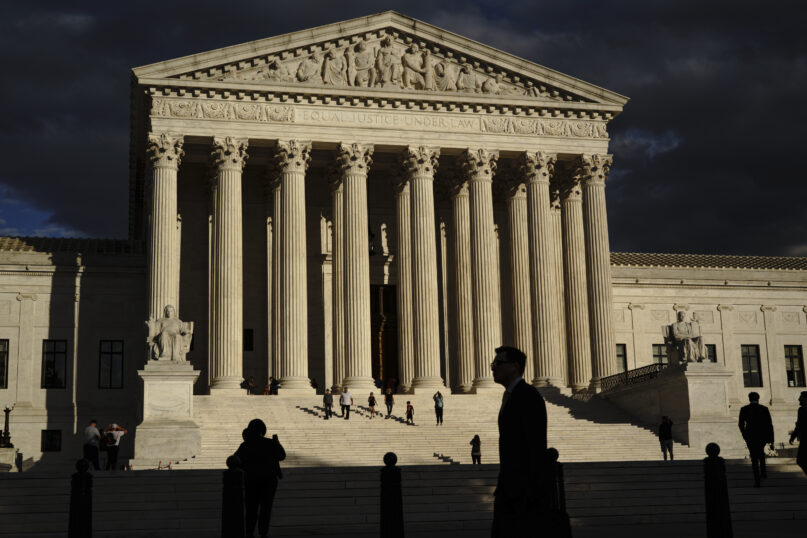(RNS) — On Tuesday (June 21), the U.S. Supreme Court ruled on what may have seemed like a unique, local question: When Maine provides vouchers for students in small rural towns without public high schools to attend private schools, may it exclude religious schools?
The Carson v. Makin decision could in fact presage a return to the disastrous combination of coercive Christianity and public dollars.
The 6-3 ruling establishes that states that offer money to private schools (in places, as in Maine, that are too remote to support public schools ) will now be required to allow religious schools to participate in those programs. Previously, as Justice Stephen Breyer wrote in his Carson dissent, the court has held that states may fund a student to attend a religious school but “the key word is ‘may.'”
Breyer goes on to ask rhetorically: “What happens once ‘may’ becomes ‘must’?”
Well, in Maine alone, it means that taxpayers of all faiths and belief systems will be compelled to fund a Christian school whose “educational objectives” include “‘lead(ing) each unsaved student to trust Christ as his/her personal savior and then to follow Christ as Lord of his/her life.’”
Hindu, Jewish and atheist Mainers will pay for schooling that provides a “biblically integrated education,” where the Bible is used in every subject that is taught — including math and science. Mainers will also be funding schools that actively discriminate against the state’s own citizens, as some of the religious schools have policies denying enrollment to LGTBQ+ students.
During oral arguments, Justice Elena Kagan correctly identified Maine’s program as “small” and “cabined,” yet with Chief Justice John Roberts’ majority opinion, the court opened the door to the public funding of sectarian religious education in any setting.
Americans shouldn’t be forced to pay for hate. The Carson ruling allows a state’s taxpayers to be compelled to pay tuition to schools that expressly discriminate, in both faculty hiring and student admissions, against LGBTQ people, among others. The Supreme Court has again centered Protestant Christianity as normative and acceptable, even when it divides and diminishes some Americans.
I say “again” because Christianity is deeply enmeshed in the United States’ legal and social infrastructure. For 150 years, from 1819 to 1969, “Indian boarding schools” and other federally funded Christian missionary work set out to “save the man and kill the Indian.”

A makeshift memorial for the dozens of Indigenous children who died more than a century ago while attending a boarding school that was once located nearby is displayed under a tree at a public park in Albuquerque, New Mexico, on July 1, 2021. The U.S. Interior Department released a report May 11, 2022, about the federal government’s past oversight of Native American boarding schools. (AP Photo/Susan Montoya Bryan, File)
As recently documented in the Department of the Interior’s comprehensive report, “Indian reservations ‘were distributed among the major religious denominations’” — Christian denominations, that is — who, with federal dollars and the force of the U.S. military behind them, used violence to take Native American, Alaskan and Hawaiian children from their families and indoctrinate them into the Christian religion and “civilized” culture.
Children were renamed with “Christian names,” their hair was cut, and they were housed in schools that compelled them to adopt Christianity and forbid them to speak Indian languages or engage in their families’ historic religious and cultural practices. Interior’s investigation revealed 53 boarding school gravesites in which hundreds, if not thousands, of Native American children were buried — many in secret and many after abuse at the hands of federally funded missionaries.
The report, initiated by Interior Secretary Deb Haaland, the first Native American to serve in that position, forced the U.S. to acknowledge a cultural genocide, aided and abetted by religious authority paid for with federal tax dollars.
As I’ve shown in my scholarly work, Christian privilege interacts with other privileges and cultural norms, such as racism and heterosexual privilege, to create crosscutting patterns of benefit and detriment. In the Indian schools, Christianity was used to beat the Indian out of the child. Now it’s poised to beat the gay, the trans and the intersex out of new generations of children.
There’s nothing wrong with teaching about religion in public and publicly funded schools. Justice Thomas Clark, writing 60 years ago in Abington v. Schempp, had it right: Coercive religious practice does not belong in public schooling, but “one’s education is not complete without a study of comparative religion or the history of religion and its relationship to the advancement of civilization.”
RELATED: Catholic, Protestant groups support commission on US Indian boarding school policy
The high court’s new ruling, by contrast, is a giant step in the wrong direction. In form and substance, it is an endorsement of sectarian education that elevates the religion with social power, Christianity, above all others.
Coming within weeks of each other, the Indian boarding schools report and the Supreme Court’s new ruling are another vivid illustration of the real moral choice the U.S. faces on so many issues today: Learn from history, or repeat it.






